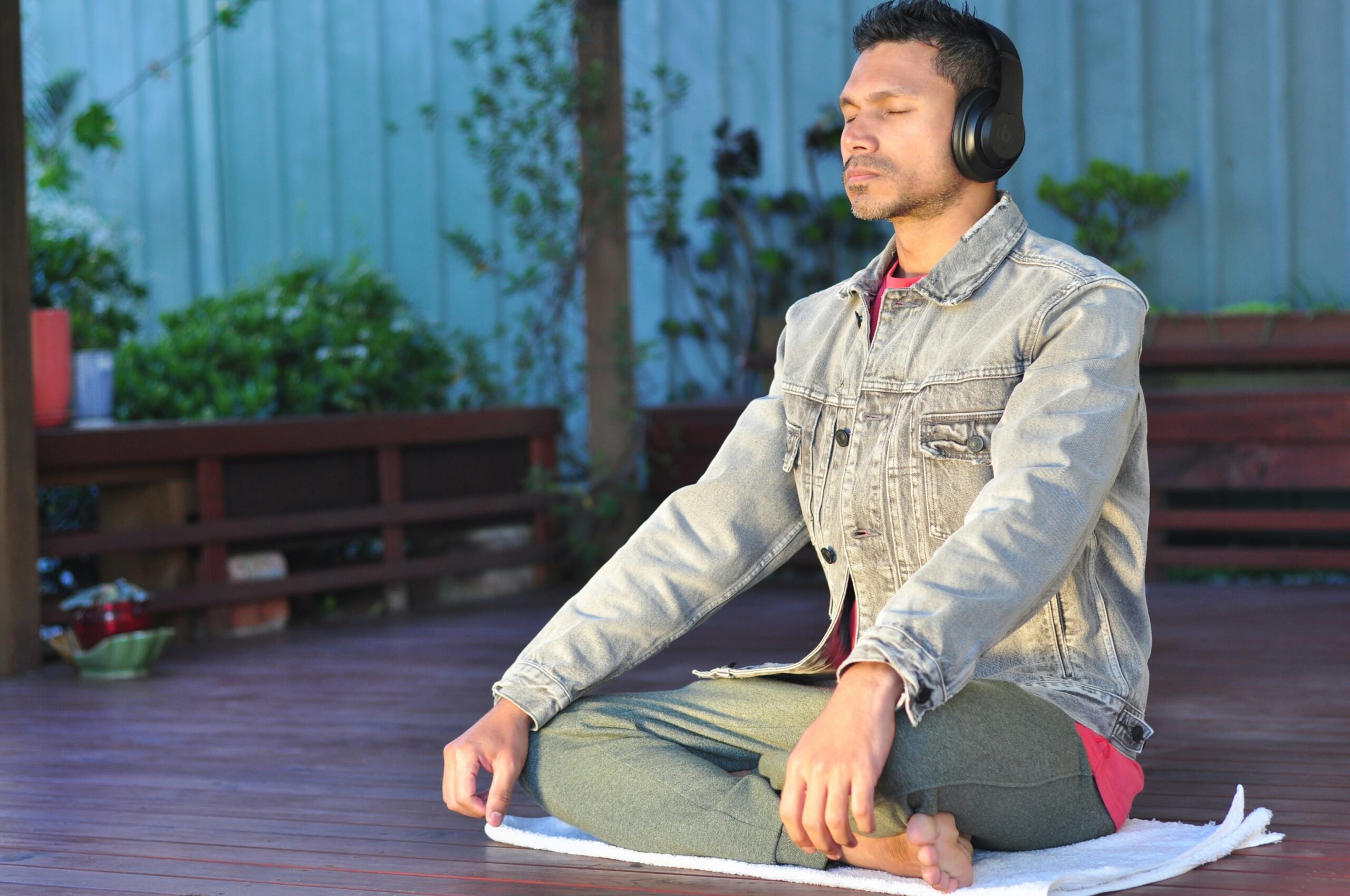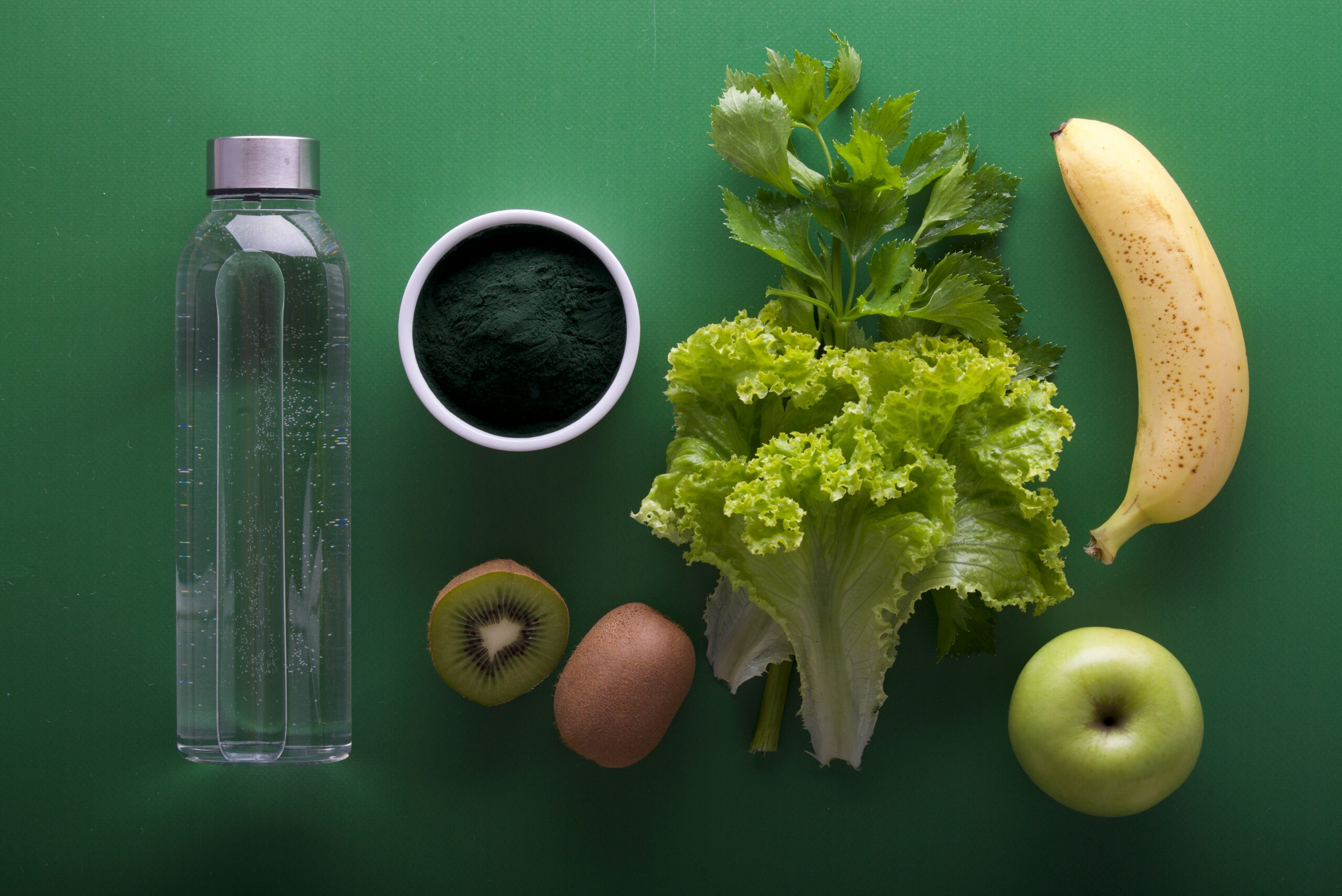Health & Wellness: 7 Essential Steps to Transform Your Routine

Let’s be honest: The world of health and welfare can feel incredibly heavy. One day, you said a super food is the key to eternal youth; Then it is considered a carcinogenic substance. You see that the efficiency has promoted gravity yoga and parting that promotes exercise gurus who will cry a marine. It wants someone to curl up on the couch with a bag of chips and is sufficient to declare the entire effort meaningless.
But what if we defined the whole concept again? Real health is not about perfection, an extreme diet, or punishment for workouts. This is not a destination you arrive at; It is a mild, moving journey – a collection of small, consistent alternatives that produce a vibrant, energetic, and flexible over time. It’s about creating a permanent routine that supports your general health without making you unhappy.
This is not about a quick improvement. This is about change. A change in the basic columns is really good. Let’s reduce the confusion and focus on seven essential steps to bring the revolution to your health.
Table of Contents
Step 1: Redefine Your Plate: Nourishment Over Deprivation
Food is fuel, but there is also culture, happiness, and connection. The first step to changing your health is to change your relationship to food. Go away from the mentality to the limitation- “I can’t have this”- and one of the nutrition of one of the nutrition- “What will be good and strong for my body?”
This is not particularly allowed to eat garbage, but an invitation to be on purpose.
1. Like hydrate, this is your job: Water is the nectar of life. It controls body temperature, lubricates joints, removes toxins, and carries nutrients to your cells. Dehydration can appear in the form of appetite, fatigue, and headaches. Have a bottle of water with you all the time. If plain water carried you, infuse it with lemon, cucumber, or mint. Proper hydration is a non-pervasive correlation of health.
2. 80/20 Rules: Perfection is the enemy of progress. Objective to create a nutritious option of 80% time. The other 20%? This is for life. For birthday cake, pizza, and a glass of wine with a friend on Friday night. This balance prevents feelings of deficiency, which often leads to being the being and guilt, eventually sabotaging your mental and physical health.
Step 2: Find Movement You Actually Enjoy
What you eat should not be punished for exercise. This is a celebration of what your body can do. Anand is the most important factor in a permanent fitness routine. If you hate running, you won’t be a consistent runner. This is so simple.
The key to lifelong fitness is to use it until you find something that doesn’t feel like a core.
1. Listen to your body: Do you want calm and introspection? Try to go for yoga, pilates, or longer. Do you need to steam and have fun? Try a dance class, kickboxing, or a competitive game. Elsker du samfunnet? Join a tour group or an entertaining gaming league.

2. All this means anything: Never think about the power to move more throughout the day. Take the stairs. Far away. It is a “wandering meeting”. Do ten squats while waiting for the kettle to boil. This concept, “Non-training activity stermoshesis” (NEET), is a major contribution to your metabolic health.
3. Intensity texture: Every day, a soft 20-minute walk is better for your overall health than a cruel, two-hour gym that hurts you and leaves you demotivated for a week. Find a rhythm that you can maintain.
Transfer of the body releases endorphins, reduces stress, strengthens your heart, and creates confidence. This is a powerful investment in your long-term health.
Step 3: Prioritize Sleep as Your Superpower
In our tension culture, it is often worn as a brand of respect, something to sacrifice for the product. It can’t be more misleading. Sleep is the lowest insurance tool in your health care. This is the time when your body repairs itself, your brain treats memories, and hormone imbalance.
By ignoring sleep, you vandalize all other attempts. You can’t lack old or outside of old sleep.
1. Make a ritual: Your body loves routine. Enter your brain that it is time to vent it.
2. Adapted to your environment: Make your bedroom a sanctuary to sleep. Keep it cool, dark, and. Invest in a comfortable mattress and pillow. Think of the blackout curtain and a white noise machine if necessary.
3. Dimensions for 7-9 hours: This is not a suggestion; This is a biological requirement for most adults. Consistent quality sleep is fundamental to cognitive function, emotional regulation, immune health, and weight management.
Protect your sleep as if your life depends on your long-term health.
Step 4: Master Your Stress, Don’t Let It Master You

Stress is an indispensable part of modern life. Light stress can be motivating, but chronic, unchanged stress is a quiet killer and destroys your hormonal health, digestive system, and mental health. To change your health, you need to create a tool set to handle the stress response.
1. Breathe (seriously): When you feel stress grow, stop and breathe at three three-three-deep, slow pace. This simple task activates the parasympathetic nervous system (the “rest and digest” system, which slows the heart rate and soothes the brain. This is a reset button that you have access to anywhere.
2. Recognize your outlets: Do you dissolve? Talking it to a friend, journaling his thoughts, spending time in nature, or losing himself in a creative hobby? When you are already at a breaking point, you can plan these activities a week in advance.
3. Don’t learn to say: Often our stress is self-inspired by overcoming. Protecting your energy and time is an important task with self-care that supports your mental health. It’s okay to determine the boundaries.
Managing stress is not about eliminating it; It’s about changing your relationship to it and having a healthy coping system.
Step 5: Cultivate Connection: The Human Element of Health
We are tough for connections. Loneliness and social isolation can be harmful to your health as smoking fifteen cigarettes a day. Strong social relationships reduce stress, promote immunity, and increase longevity. Your health routine should include nurturing your conditions.
1. More quality: You don’t need a thousand friends. Be aware of the cultivation of some deep, meaningful relationships, where you can be your authentic self, provide both support and feedback.
2. Be present: When you are with someone, keep your phone away. Really listen. Attached an active conversation.
3. Find out your community: Join a club, a voluntary group, or a class based on your interests. Connecting people who share your passion promotes a deep feeling.
Investing in your social welfare is just as important as eating your vegetables. It is another, but equally important, part of your human experience.
Step 6: Listen to Your Body’s Wisdom
In our search for better health, we often look for answers – for doctors, gurus, and such articles. But the most specialist sources on your body are you. Learning to listen to its subtle signals is a transformative skill.
1. Notice how food makes you feel: Does some food give you constant energy or make you feel dull and bloated? Your body gives you valuable responses to you. Use it to guide your choice in a way that works for your unique biology.
2. ERN YOUR NEED FOR COMFORT: If you feel tired, your body asks to relax. Pushing with caffeine and pure willpower is not a permanent strategy and can lead to burnout. Sometimes it is more productive to do nothing for your health.
Your body is constantly communicating with you. The task is to calm the outer noise to hear.
Step 7: Embrace Progress, Not Perfection
This is the most important step of all. Your journey will not be a straight line. There will be days when you leave the workout, eat the whole cookie, and browse very late. This does not mean that you have failed.
All-or-some mentality is the biggest dream killer. A “bad” food does not waste your health, just as a “good” food can’t do it. What does the overall pattern mean?
1. Celebrate Little Victory: Have you chosen a healthy snack? win. Did you take the stairs? win. Did you drink an extra glass of water? win. Accepting these little victories leads to speed and reinforces your new identity, which is a person who gives significance to his goodness.
2. Practice self-compassion: Talk to yourself as if you want to talk to a good friend. If they slip, you won’t bother them and tell them they fail. You encourage them to get back on track. Give the same grace to yourself. This mercy is important for your psychological health.
3. Just restart: There is a new opportunity to create an alternative every moment that supports your health. Don’t wait for Mondays, or next month, or after the holidays. The next positive choice is just a decision far away.
Changing your routine is about building a life that you do not feel the need to avoid, a life full of energy, vitality, and joy. It’s about creating an option today that your future will thank you for. Start with one step. Be patient, be kind, you have found it
How long does it take to see results from a new wellness routine?
Most people begin noticing improvements in energy, mood, and sleep within 2–4 weeks of consistent practice, though long-term benefits build over months.
Do I need to follow all 7 steps at once?
No—start with 1–2 changes that feel manageable. Gradually incorporate more steps to build sustainable habits without feeling overwhelmed.
Can small daily habits really make a difference?
Absolutely! Consistent, small actions—like drinking more water or taking a short walk—compound over time to significantly improve overall health.










